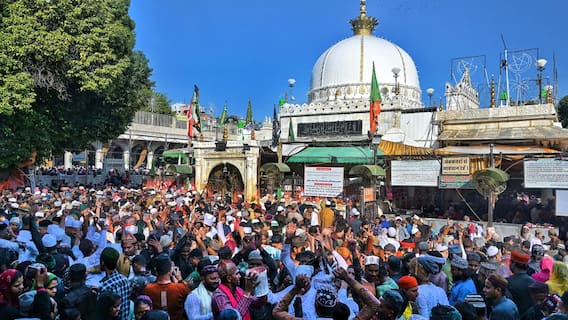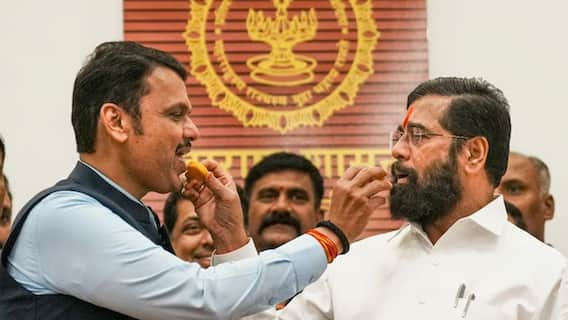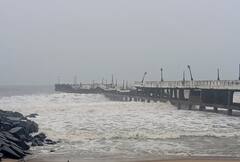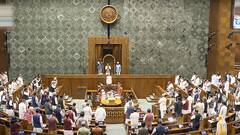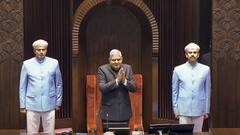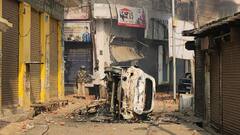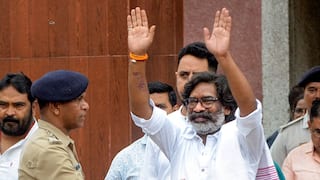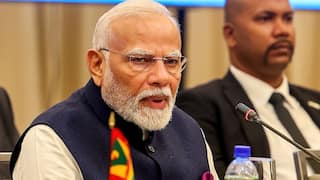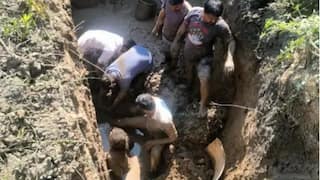Bhopal Gas Tragedy: SC Rejects Centre's Plea For Enhanced Compensation For Victims From Dow Chemicals
Bhopal Gas Tragedy: The Supreme Court has rejected the Centre's plea seeking enhanced compensation for the victims.

The Supreme Court has rejected Centre's curative plea for enhanced compensation for the victims of the 1984 Bhopal Gas tragedy from US-based firm Union Carbide Corporation, now owned by Dow Chemicals. The apex court said, "Sum of Rs 50 crore lying with RBI for victims of Bhopal gas tragedy shall be utilised by govt to satisfy pending claims."
The Centre wanted another Rs 7,844 crore from the UCC's successor firms over and above the USD 470 million (Rs 715 crore) it got from the American company as part of the settlement in 1989.
A five-judge constitution bench headed by Justice Sanjay Kishan Kaul pronounced the verdict. The bench, also comprising Justice Sanjiv Khanna, Justice Abhay S Oka, Justice Vikram Nath and Justice J K Maheshwar, had on January 12 reserved its verdict on the Centre's curative plea, news agency PTI reported.
On January 12, the successor firms of UCC told Supreme Court that the depreciation of the rupee since 1989, when a settlement was arrived at between the company and the Centre, cannot be a ground to now seek a "top-up" of compensation for the victims of the Bhopal gas tragedy.
The firms had told the top court that the Government of India never suggested at the time of the settlement that it was inadequate.
"There are series and series of affidavits starting from 1995 and ending as late as 2011, where the Union of India has opposed every single attempt to suggest that the settlement (of 1989) is inadequate. Affidavits upon affidavits were filed," senior advocate Harish Salve, appearing for the UCC successor firms had submitted as reported by PTI. Now, the actual argument before the court is that the settlement has become inadequate because the rupee depreciated, he had contended.
The top court had, during the hearing, told the Centre that it cannot act like a "knight in shining armour" and decide the curative plea seeking additional funds from UCC as a civil suit, and asked the government to "dip into its own pocket" to provide enhanced compensation.
A curative petition is the last resort for a plaintiff after an adverse judgement has been delivered and the plea for its review is rejected. The Centre had not filed a review petition for rescinding the settlement which it now wants to be enhanced.
The Centre has been insisting that the enormity of the actual damage caused to human lives and the environment could not be assessed properly at the time of the settlement in 1989.
On January 10, the top court questioned the Centre for pursuing its curative plea seeking additional funds from UCC, saying the government cannot reopen a settlement that was reached with the company after over 30 years.
IPL Auction 2025
Top Headlines
Trending News







